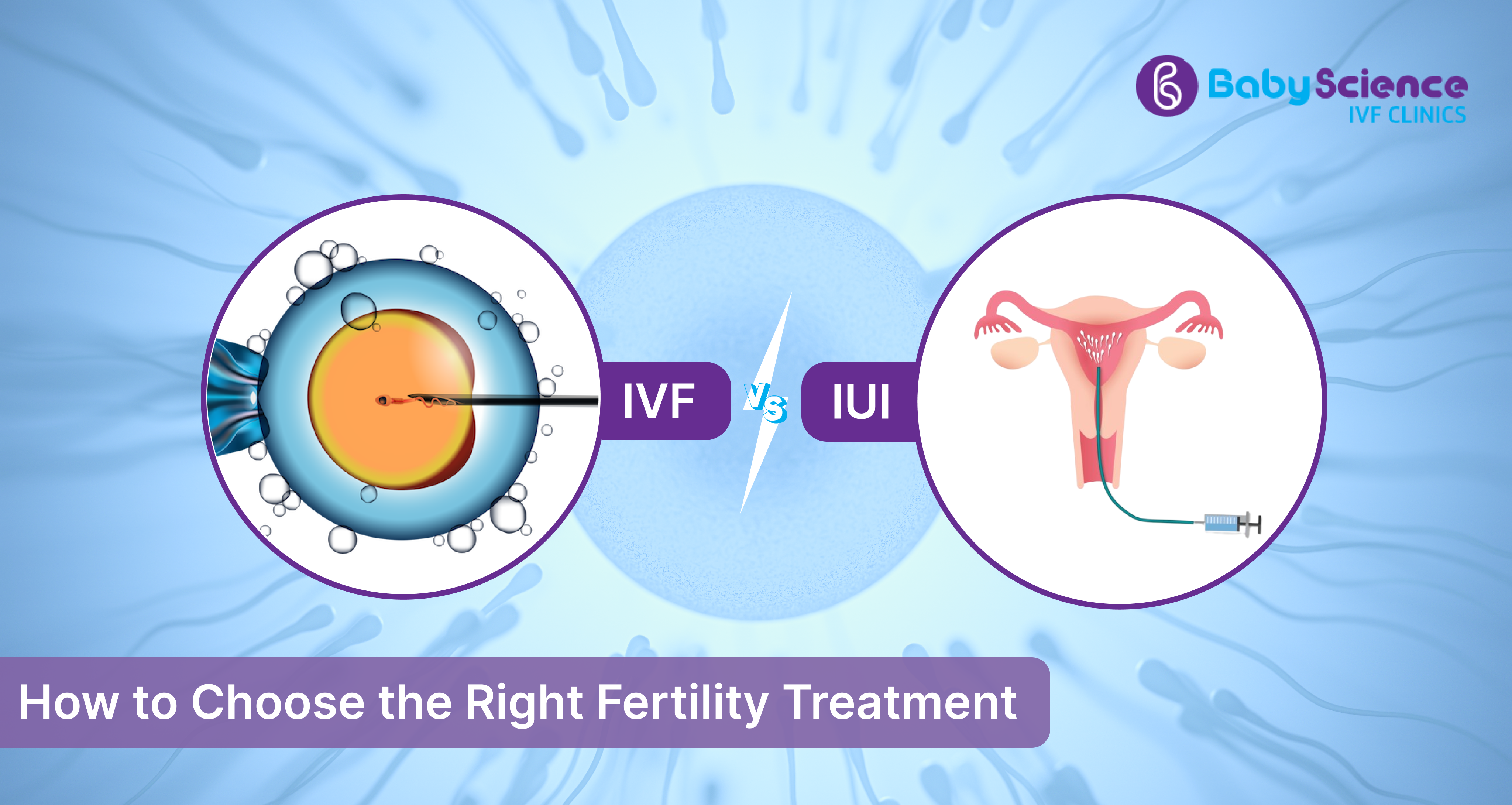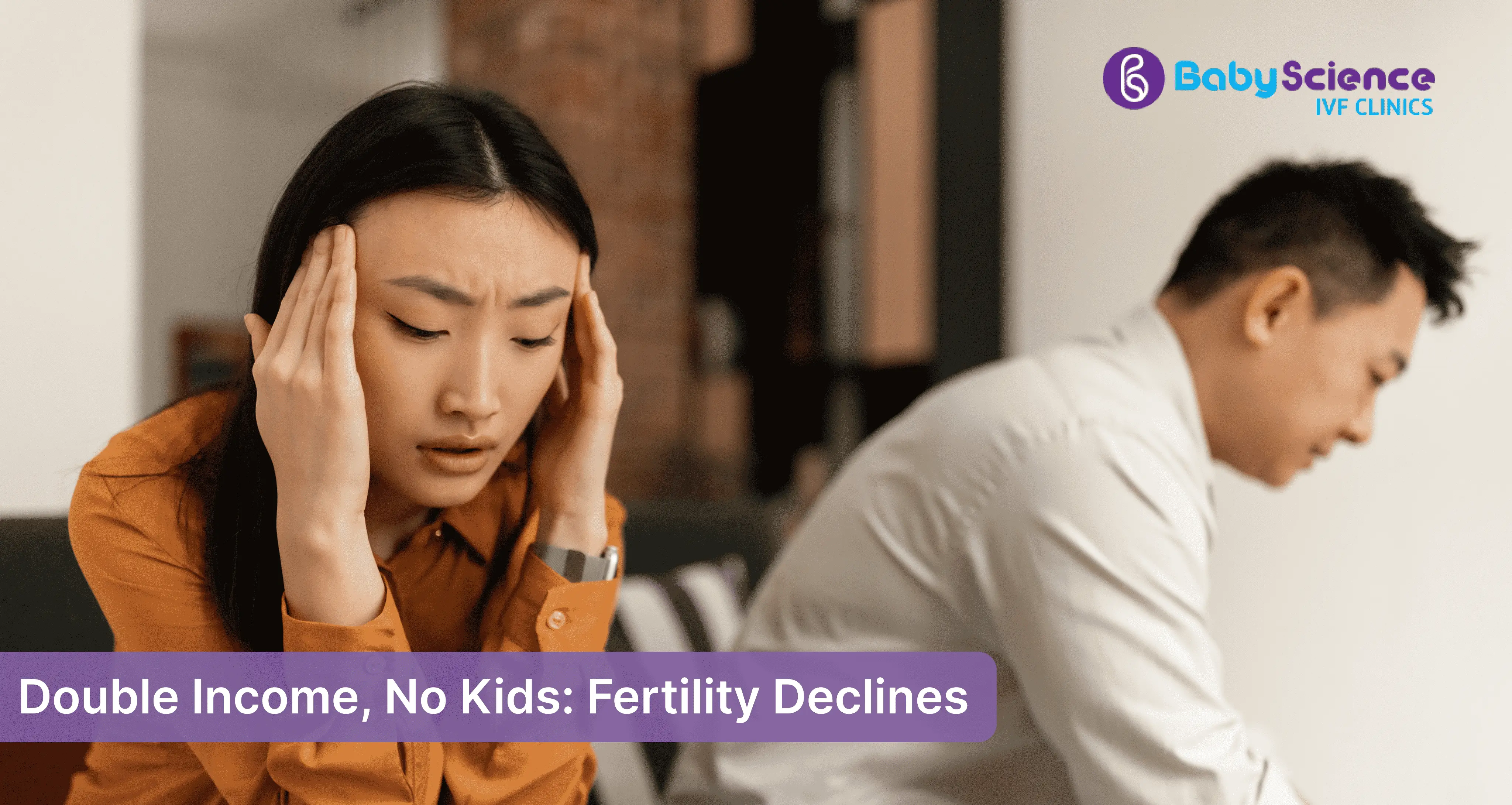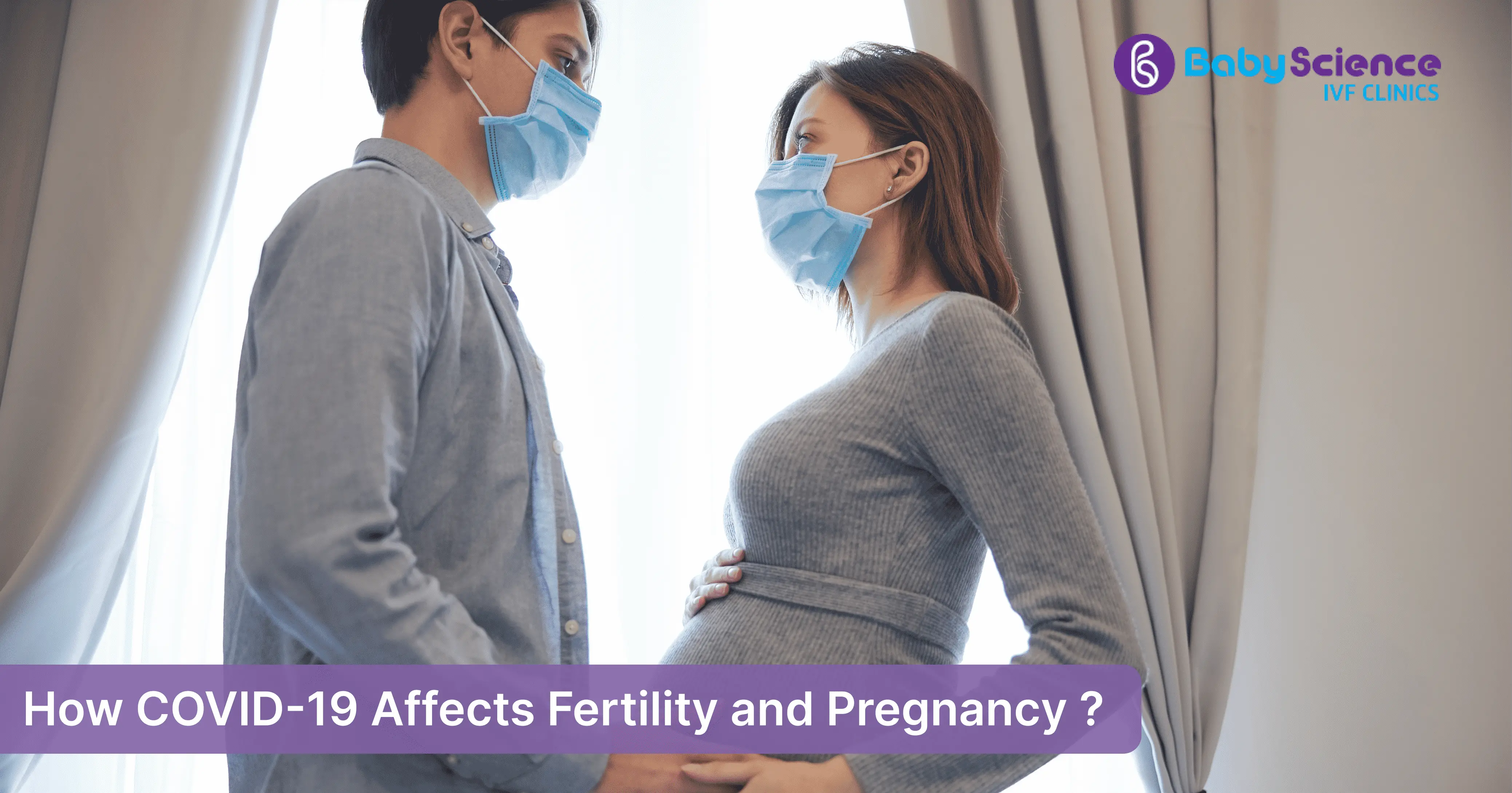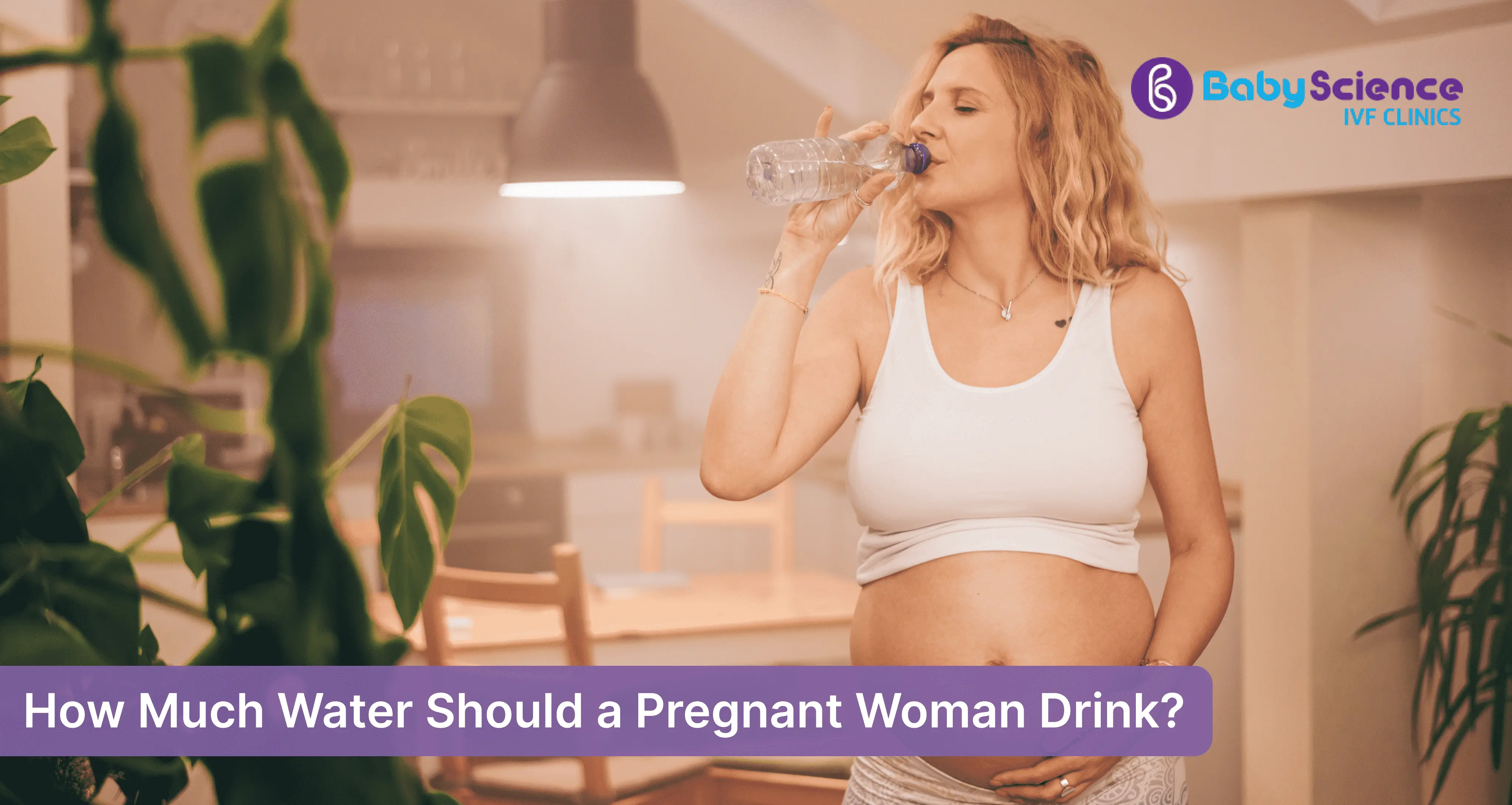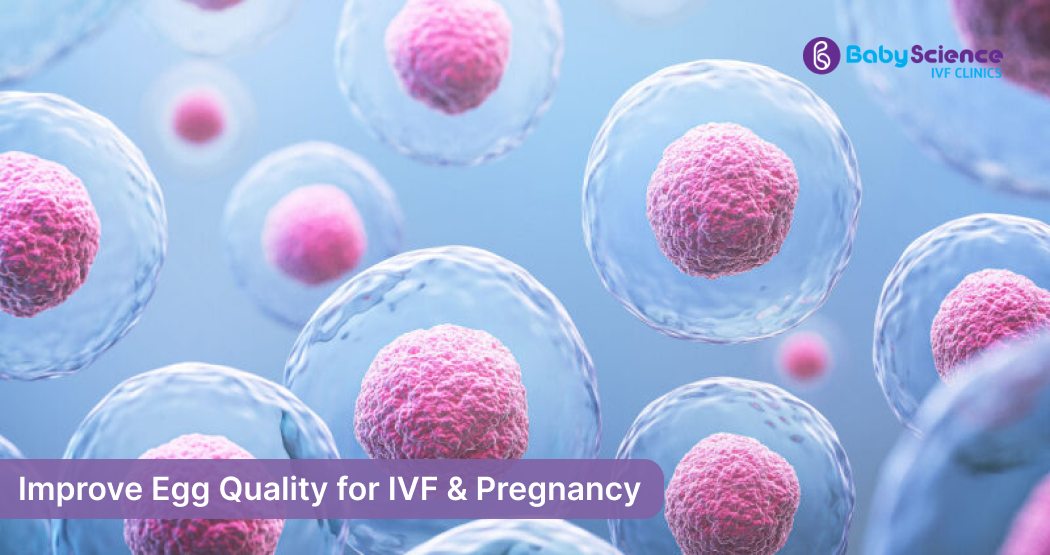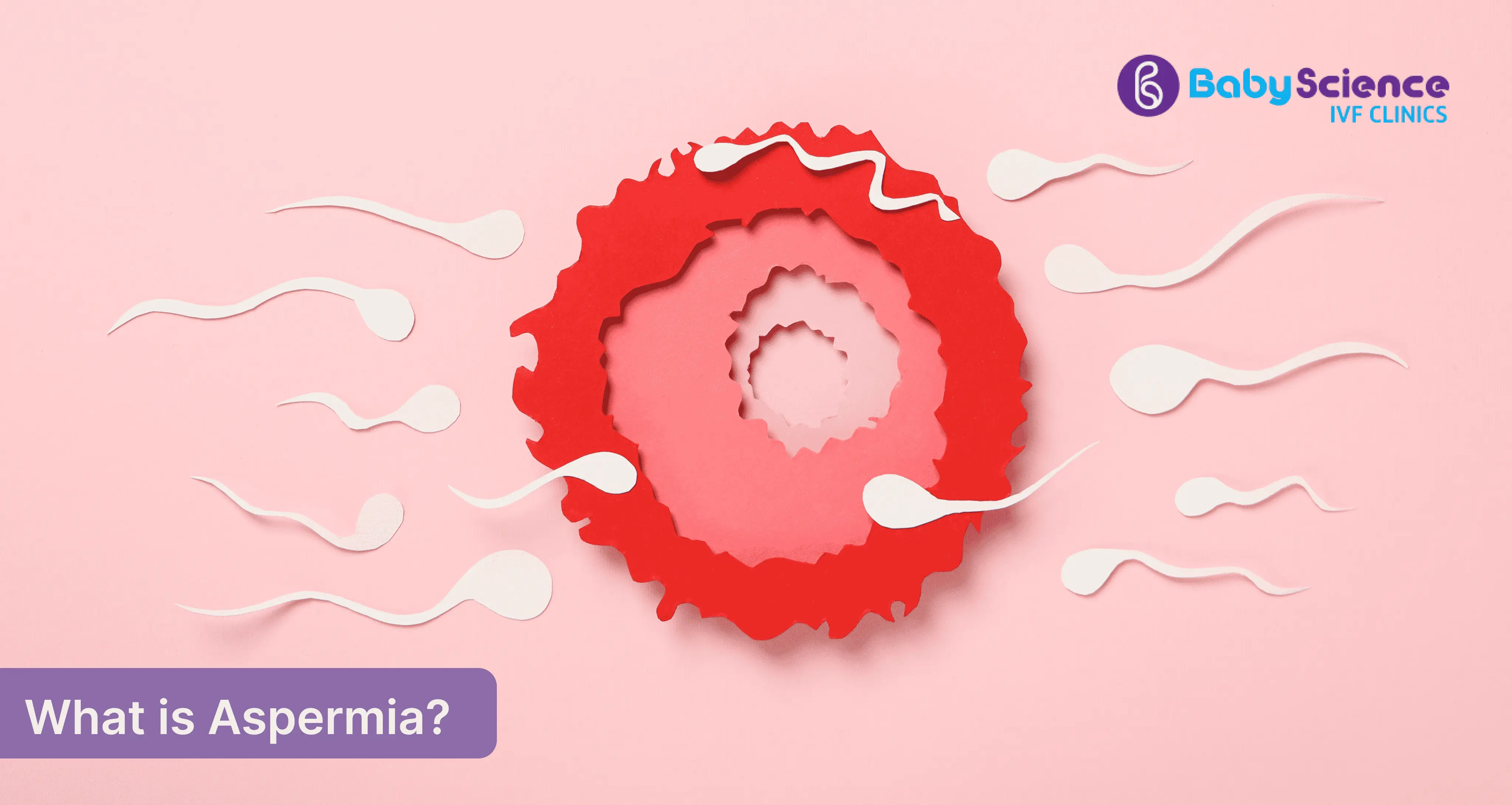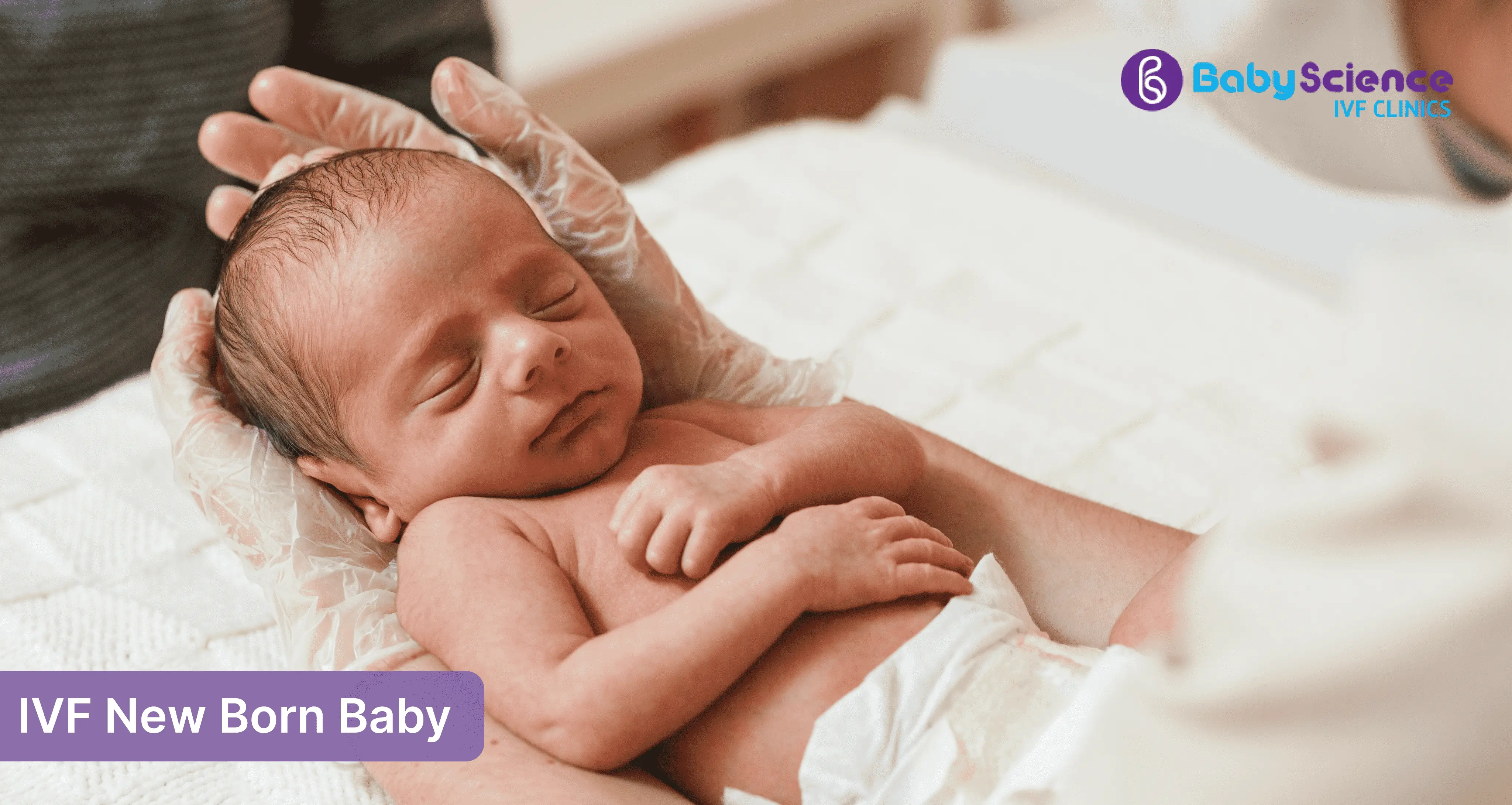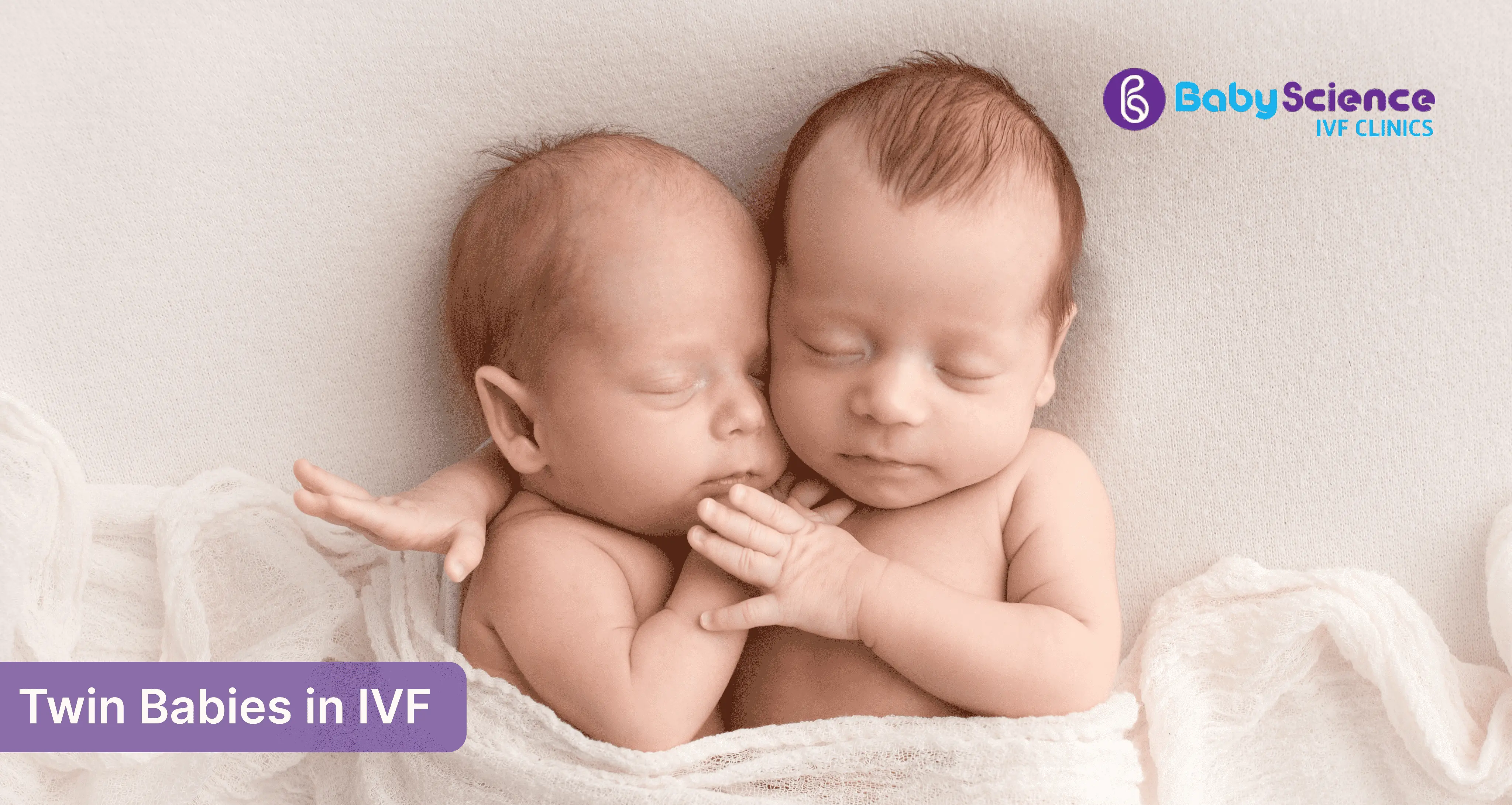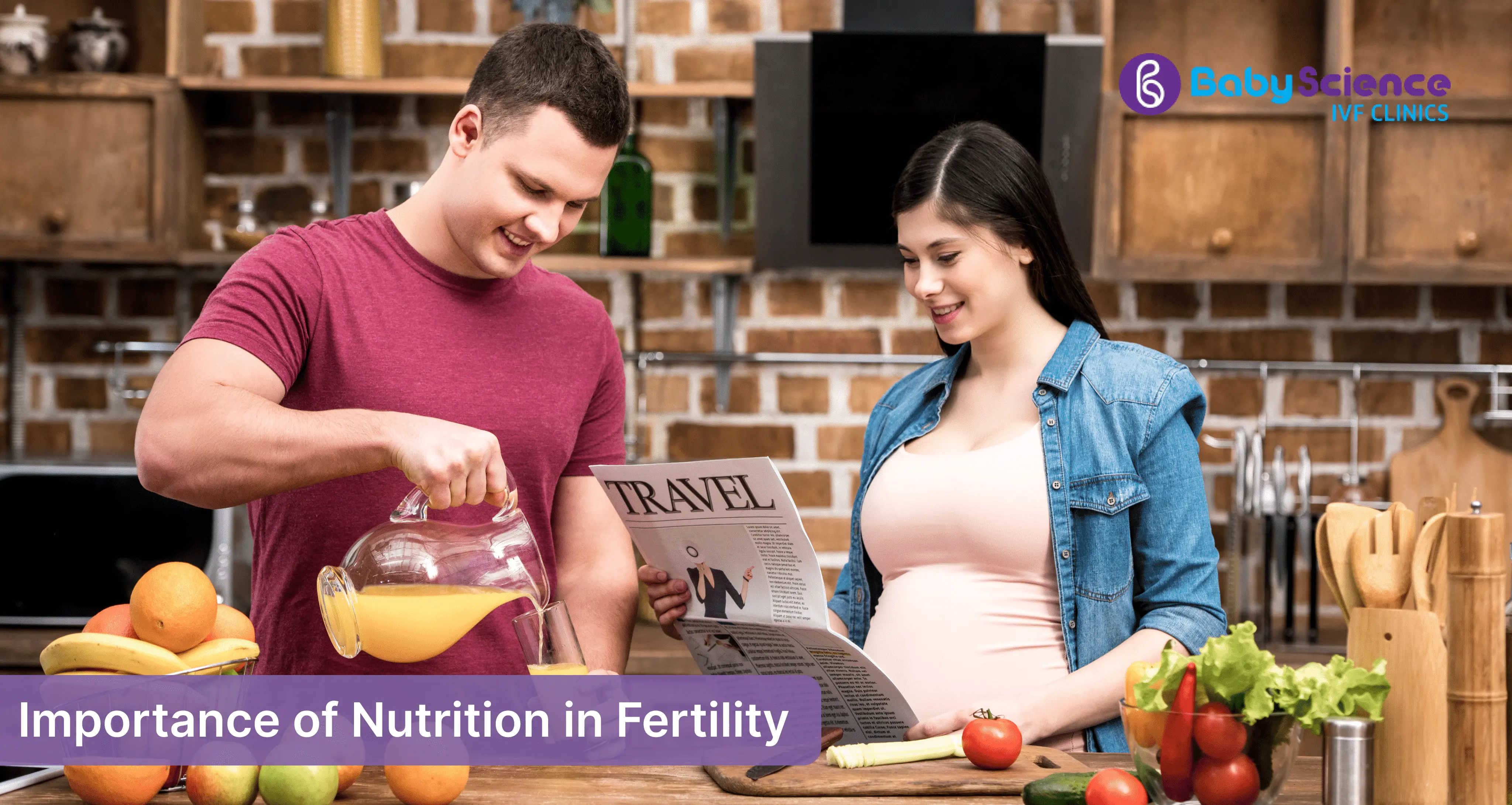
Importance of Nutrition in Fertility
These days, lots of couples have trouble getting pregnant. It's tough because infertility can happen to men and women, and it's a really emotional journey. Even though there are treatments from doctors, one thing that often gets forgotten is how food affects fertility. Eating healthy is super important for making sure everything in your body works right for having a baby. Let's find out why food matters so much for getting pregnant and what you can do to boost your chances of having a baby.
Why is Nutrition Important for Fertility?
Absolutely, nutrition is indeed a cornerstone of reproductive health for both men and women. It influences crucial aspects such as hormone production, egg quality, sperm count, and overall reproductive function. When you maintain a well-balanced diet, you're essentially giving your body the essential nutrients it needs to support the reproductive system optimally. By doing so, you enhance your fertility and increase your chances of conception.
 Boosting sperm health
Boosting sperm health
For men, maintaining proper nutrition is crucial for optimal sperm production and function. Certain nutrients play a particularly important role in supporting sperm health. These include:
- Zinc is super important for making testosterone and forming healthy sperm.
- Folic acid: Helps in the development of healthy sperm.
- Vitamin C: Protects sperm from oxidative damage and improves sperm motility.
- Diluted juices
- Vitamin E: Acts as an antioxidant, protecting sperm from damage.
- Selenium: Supports sperm motility and may enhance fertility.
- Omega-3 fatty acids: Help in maintaining sperm membrane integrity and motility.

 Boosting sperm health
Boosting sperm health

For men, maintaining proper nutrition is crucial for optimal sperm production and function. Certain nutrients play a particularly important role in supporting sperm health. These include:
- Zinc is super important for making testosterone and forming healthy sperm.
- Folic acid: Helps in the development of healthy sperm.
- Vitamin C: Protects sperm from oxidative damage and improves sperm motility.
- Diluted juices
- Vitamin E: Acts as an antioxidant, protecting sperm from damage.
- Selenium: Supports sperm motility and may enhance fertility.
- Omega-3 fatty acids: Help in maintaining sperm membrane integrity and motility.
To incorporate these fertility-boosting nutrients into your diet, consider including foods such as oysters, spinach, citrus fruits, berries, nuts, seeds, and fatty fish like salmon or mackerel. By including these nutrient-rich foods in your diet, you can support sperm count, motility, and overall reproductive health.
 Achieving a healthy weight
Achieving a healthy weight
It's really important to keep a good weight if you want to have a baby. Being too skinny or too heavy can mess up your hormones, making it hard for women to release eggs and for men to make good sperm. If you're too skinny, your periods might be all over the place, or you might not have them at all. But if you're overweight, your body might have trouble using insulin properly, which can throw your hormones out of whack and make it harder for men to produce healthy sperm. So, staying at a healthy weight is super important for having a baby.
 Enhancing egg quality
Enhancing egg quality
How good your eggs are plays a big role in whether you can get pregnant on your own or need help from procedures like IVF or IUI. Eating foods with lots of good stuff like antioxidants, vitamins (especially folate), minerals (like zinc and selenium), and omega-3 fatty acids can make your eggs healthier. Try to eat things like leafy greens, citrus fruits, nuts, seeds, oily fish, and whole grains to get these nutrients and boost your chances of getting pregnant.
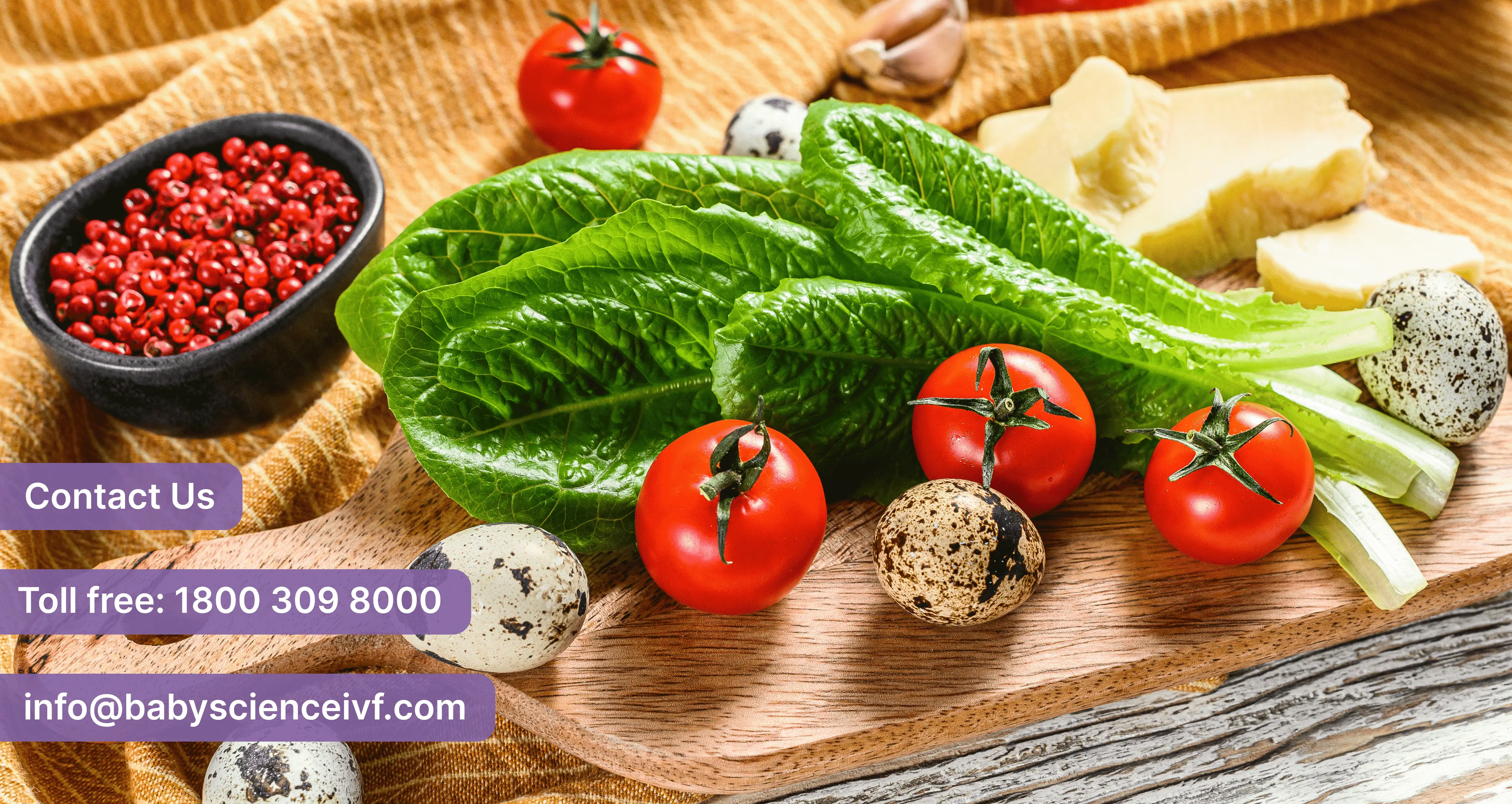
Here are some key tips for promoting a healthy conception:
 Eat a balanced diet
Eat a balanced diet
Eating a balanced diet is key to improving your chances of getting pregnant. That means filling your plate with whole grains, lean proteins, fruits, veggies, and healthy fats. Stay away from processed foods, sugary snacks, and too much caffeine. If you can, choose organic and locally grown foods to lower your exposure to pesticides that can be harmful.
 Stay hydrated
Stay hydrated
Drinking enough water is really important for your health and your chances of getting pregnant. Make sure to sip on water all day to keep your body hydrated and help your reproductive system work its best.
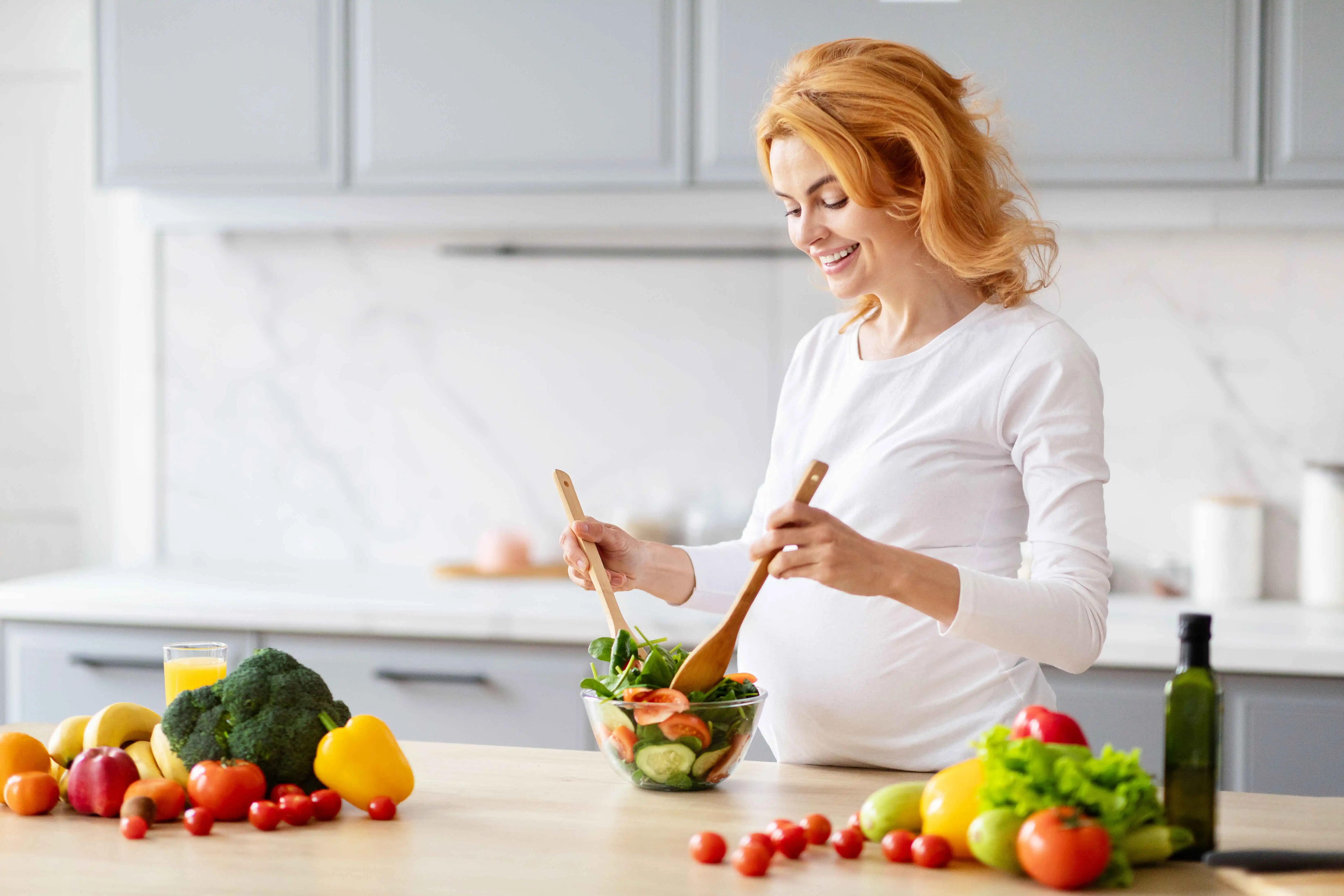
 Include fertility foods
Include fertility foods
Add these fertility-boosting foods to your meals every day:
- Leafy greens like spinach, kale, and broccoli are full of folate and other important nutrients.
- Berries such as blueberries, strawberries, and raspberries are loaded with antioxidants that help fight off harmful stuff in your body.
- Citrus fruits like oranges, lemons, and grapefruits give you a dose of vitamin C and folic acid, which are good for fertility.
- Nuts and seeds like almonds, walnuts, flaxseeds, and chia seeds are packed with healthy fats and important minerals.
Colorful veggies such as carrots, bell peppers, sweet potatoes, and tomatoes have antioxidants that are really good for you.
 Include fertility foods
Include fertility foods

Add these fertility-boosting foods to your meals every day:
- Leafy greens like spinach, kale, and broccoli are full of folate and other important nutrients.
- Berries such as blueberries, strawberries, and raspberries are loaded with antioxidants that help fight off harmful stuff in your body.
- Citrus fruits like oranges, lemons, and grapefruits give you a dose of vitamin C and folic acid, which are good for fertility.
- Nuts and seeds like almonds, walnuts, flaxseeds, and chia seeds are packed with healthy fats and important minerals.
Colorful veggies such as carrots, bell peppers, sweet potatoes, and tomatoes have antioxidants that are really good for you.
 Limit alcohol consumption
Limit alcohol consumption
Drinking too much alcohol can cause problems with fertility for both women and men. It messes with hormone levels in women and can lower the quality of sperm in men. If you're trying to have a baby, it's a good idea to cut back on alcohol or stop drinking altogether.
 Manage stress levels
Manage stress levels
Feeling stressed out can mess with a woman's ovulation and how much sperm a man makes. To help your reproductive system stay healthy, try doing things that help you relax every day, like yoga, meditation, or regular exercise.
To sum it up, what you eat can really affect your ability to have a baby. Eating a balanced diet with fertility-friendly foods and keeping a healthy weight can boost your chances of getting pregnant. And don't forget, it's always a good idea to talk to a fertility doctor for advice that's tailored to you as you work towards becoming a parent.
To dive deeper into how nutrition impacts fertility and discover personalized treatment options, book a consultation with the skilled fertility specialists at Baby Science IVF today. They can provide you with the best guidance and support on your journey to parenthood.


